Feature
-
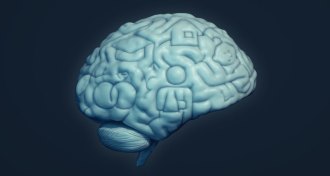 Neuroscience
NeuroscienceSomewhere in the brain is a storage device for memories
New technology and new ideas spur the hunt for the physical basis of memory.
-
 Computing
ComputingYour phone is like a spy in your pocket
Smartphones’ powers of perception make them more user-friendly and efficient. But they also open new opportunities for privacy invasions.
-
 Planetary Science
Planetary ScienceHow to keep humans from ruining the search for life on Mars
As the race to put humans on Mars heats up, researchers worry they are running out of time to find life on the Red planet.
-
 Health & Medicine
Health & MedicineHormone replacement makes sense for some menopausal women
For healthy women within 10 years of menopause, the benefits of hormone therapy for relief of hot flashes or other symptoms may outweigh the risks.
-
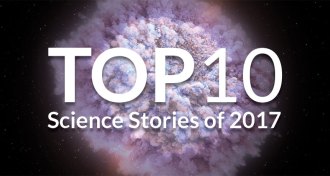 Science & Society
Science & SocietyColliding neutron stars, gene editing, human origins and more top stories of 2017
A gravitational wave discovery is the year's biggest science story — again.
-
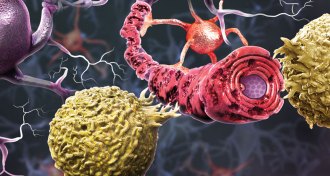 Neuroscience
NeuroscienceScientists are seeking new strategies to fight multiple sclerosis
Facing so many unknowns about multiple sclerosis, researchers explore the immune system, the neurons and the gut to fight the disease.
-
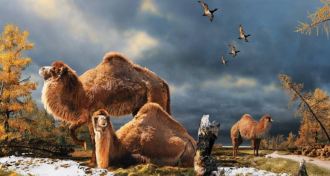 Earth
EarthWhat the Pliocene epoch can teach us about future warming on Earth
By simulating the changes that occurred during the warm Pliocene epoch, researchers are trying to predict Earth’s future hundreds of years from now.
-
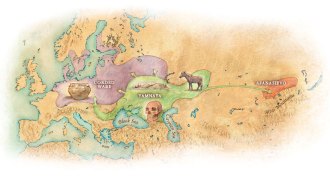 Archaeology
ArchaeologyHow Asian nomadic herders built new Bronze Age cultures
Ancient steppe herders traveled into Europe and Asia, leaving their molecular mark and building Bronze Age cultures.
By Bruce Bower -
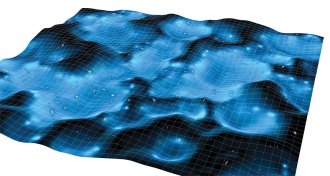 Cosmology
CosmologySimulating the universe using Einstein’s theory of gravity may solve cosmic puzzles
Better simulating the dense parts of the universe could improve scientists’ view of how the universe evolves.
-
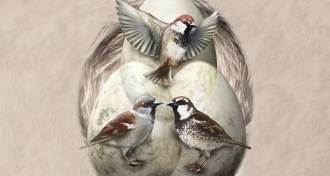 Life
LifeHybrids reveal the barriers to successful mating between species
Scientists don’t understand the process of speciation, but hybrids can reveal the genes that keep species apart.
-
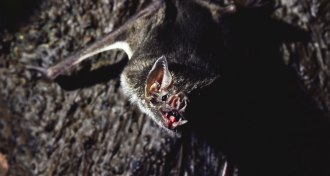 Animals
AnimalsScary as they are, few vampires have a backbone
Researchers speculate on why there are so few vampires among vertebrates.
By Susan Milius -
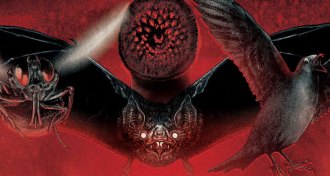 Animals
AnimalsBeing a vampire can be brutal. Here’s how bloodsuckers get by.
Blood-sucking animals have specialized physiology and other tools to live on a diet rich in protein and lacking in some nutrients.
By Susan Milius